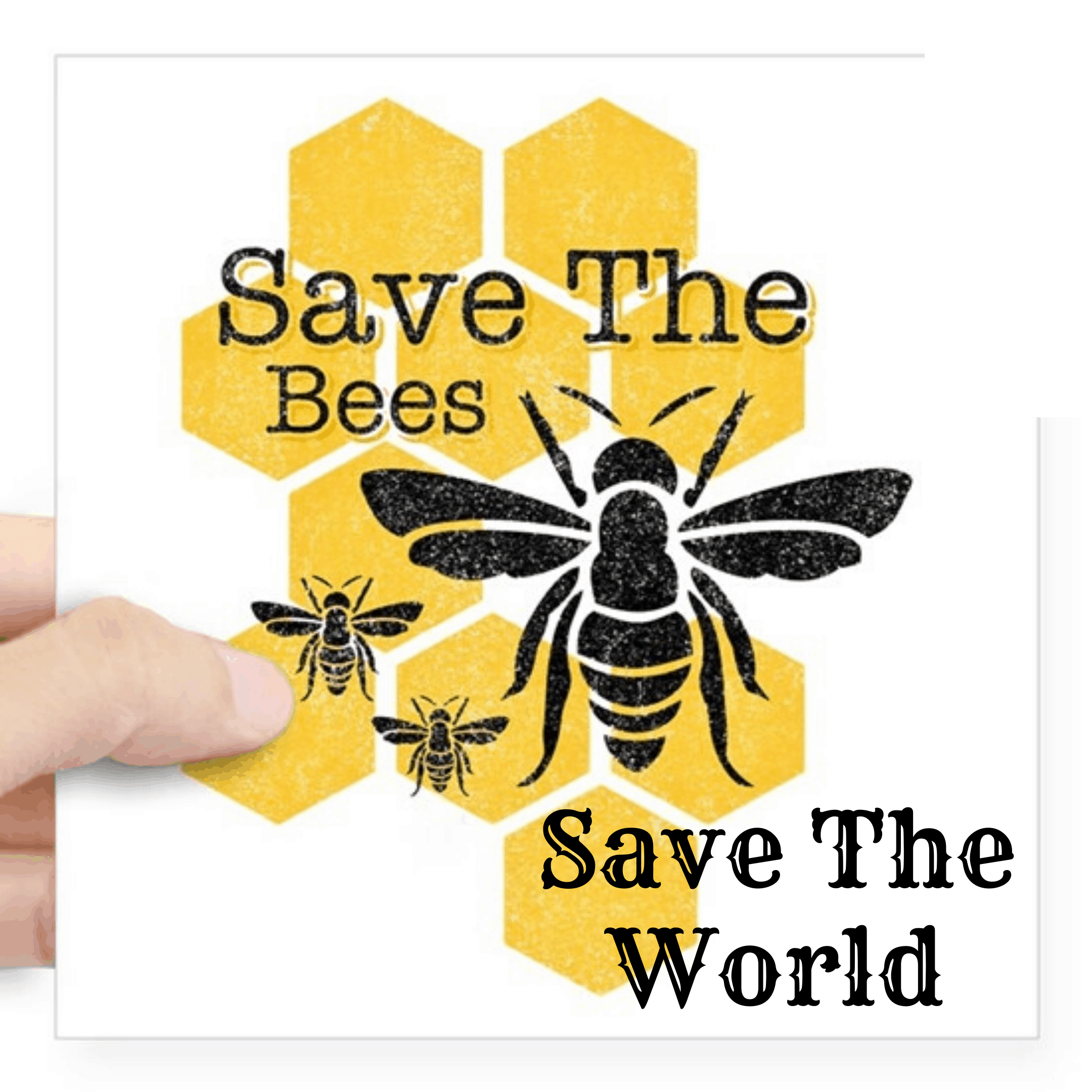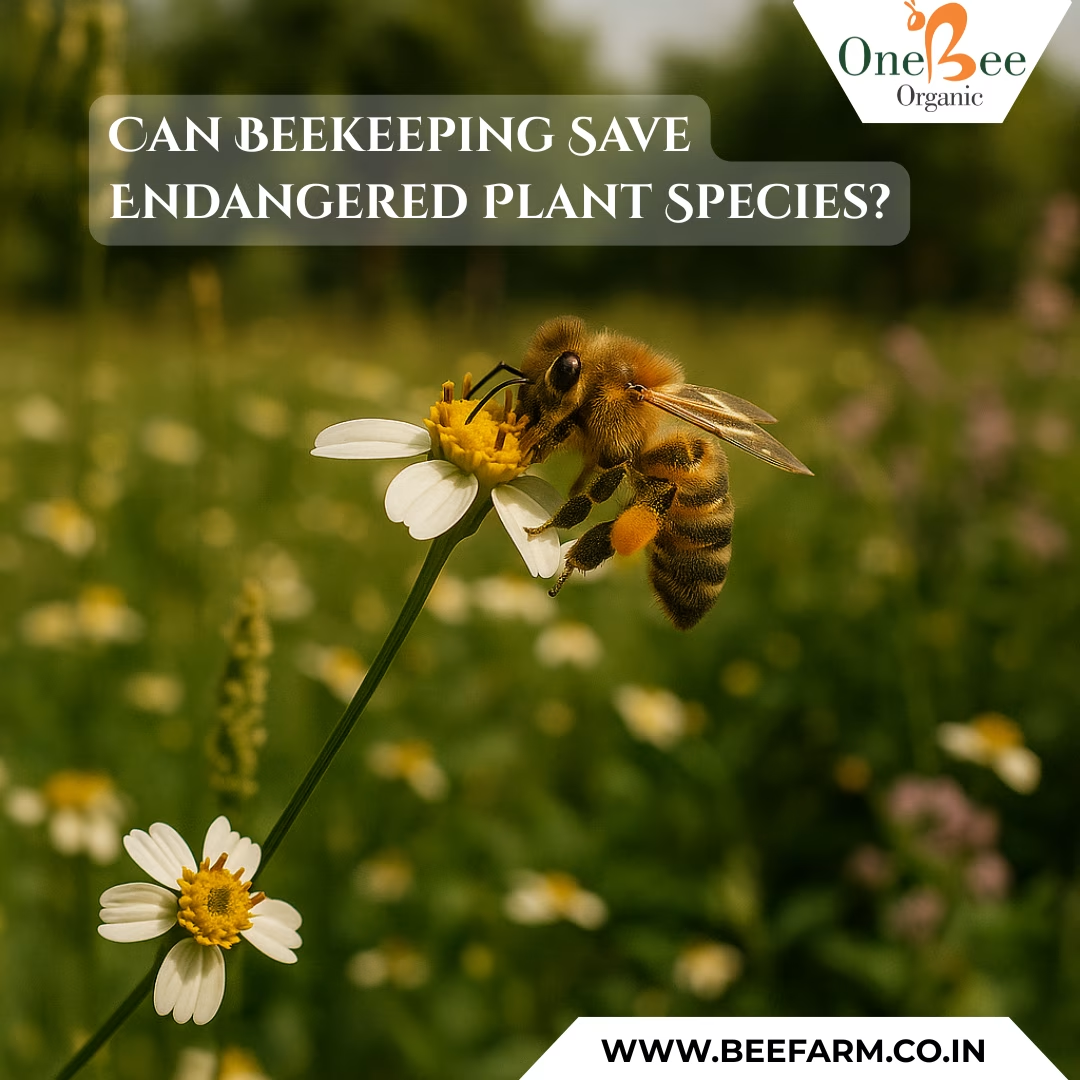Save Bees: Protecting Our Planet and Future
Why Is the Extinction of Bees Dangerous?
Renowned scientist Albert Einstein once stated that if the world’s last bee died, humans would vanish from Earth within four years. While this may sound extreme, it is backed by scientific facts.
Bees are essential for pollination, enabling the growth of fruits, vegetables, and other plants. If bees continue to disappear, food production will decline drastically. Over time, fruits and vegetables will become expensive and eventually scarce. Additionally, without pollination, new seeds will not form, leading to the extinction of various plant species.
How Will the Disappearance of Bees Disrupt Nature?
Bees play a crucial role in maintaining the ecological balance. Some birds and other species depend on bees for food. If bees go extinct, these species will also struggle to survive, disrupting the entire food chain.
Furthermore, without plants and forests, oxygen levels will drop, making life difficult for all living beings. Reduced vegetation will also lead to climate imbalances, making agriculture harder and increasing environmental crises.
Ways to Save Bees
To protect and preserve bees, we must take immediate action:
- Support organic farming to reduce harmful pesticides.
- Plant more flowers and trees to provide bees with nectar and habitat.
- Encourage beekeeping as a sustainable and protected industry.
- Preserve natural ecosystems to ensure a safe environment for bees.
Conclusion: Why Saving Bees Matters?
The extinction of bees threatens not just biodiversity but also human survival. If we want to ensure a thriving planet for future generations, we must take urgent steps to save the bees.
“SAVE THE BEES, SAVE THE EARTH”
If bees do not survive, neither will we.








Leave A Comment